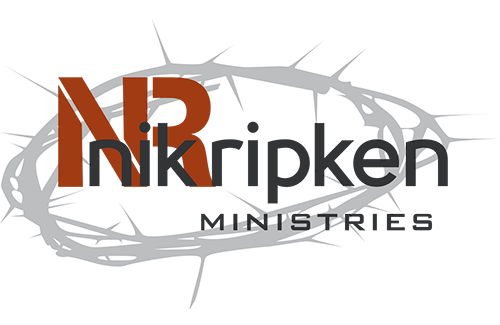Trauma and Tragedy on the Mission Field
In part one of a two-part series, Nik Ripken reveals his deeply personal journey of various traumas in life, ministry, and missions. How do you stay on the mission field, remain in your ministry, or keep your family when you walk through the unthinkable? Nik challenges listeners to understand how being obedient to go to the edge of lostness can bring intense suffering and trauma. God still redeems and uses these for His glory.
Be sure to subscribe to the Witness & Persecution Podcast on your favorite platform.
Growing Up in a Broken Home
The brokenness of his family led Nik Ripken on a quest for meaning and stability.
One of the most transformative moments in Nik’s life occurred during what should have been a blissful time: his honeymoon with his new wife, Ruth. Little did he know that this period of celebration would become a profound spiritual turning point. Nik’s mother chose this moment to inform him that she was leaving his father.
Nik realized that God’s call to ministry and missions was not just about geographical locations or distant peoples. It was also about the brokenness within his own family and the need for reconciliation and redemption.
Malaria on the Mission Field
During their time in Malawi, Nik and his family faced a health crisis. Malaria had infiltrated their lives, causing severe illness and endangering their mission work. Recognizing the gravity of the situation, Nik’s doctor took the initiative to contact their mission leaders.
He took the initiative and called our mission leaders in Malawi. “If you don’t get this family out, especially the husband and wife, you’re going to lose them.” They called us back down to the capital city where there was no malaria. They moved us in two weeks, and in less than two months, they gave us a choice to either move back to America, or to South Africa where there was no malaria. We certainly did not want to move back to America, because Africa had won our hearts. Without knowing much about it, we said that we’ll go to South Africa. The first year we were there… we were sick the whole year.
Nik Ripken and his family did not want to return to the United States. Thus, they decided to move to South Africa, where malaria was less prevalent. The transition had its own set of challenges.
“Learning a second language while you’re sick is not something I’d suggest for the faint of heart,” Nik remarked.
Over time, the Ripken family regained their health and strength. Their persistence and unwavering faith allowed them to overcome the health challenges that had initially plagued their mission in South Africa.
Despite the setbacks, Nik Ripken and his family remained steadfast in their dedication to the mission field. Their experience with malaria and other health issues only served to strengthen their resolve to spread the message of hope and redemption in Africa.
Nik Struggled with Racism
Nik Ripken embarked on his missionary career with the belief that Western Christianity was the definitive and superior path to salvation. However, these initial convictions came from a troubling upbringing marked by racial prejudice.
I was raised a racist. In our area, the way we talked about black people, that was just in my DNA. I realized, that in South Africa, if I did not crucify the racism that was in the depths of my soul and my being, that God would have no more use for us.
Nik carried racism so deeply rooted that it had become a part of his identity. The way he spoke about people of different races reflected the biases that he had learned at an early age.
Confronting Racism
Nik Ripken’s journey towards confronting his own racism took a significant turn when he and his family moved to South Africa, a country marred by the apartheid system. It was a system of institutionalized racial segregation and discrimination. He began to see the impact of racism on a deeply divided society.
Those eight years addressed that racism. When I saw racism out of control with a PhD, I realized that’s what I carried with me to Africa. That’s why I thought it was my job to tell Africans what to do.
Nik Ripken acknowledged that his initial approach to missionary work came from a misguided belief in the superiority of Western Christianity. He realized that he needed to embrace a more inclusive and respectful approach that honored local cultures and beliefs. He recognized that his previous approach had been akin to apartheid, a form of subtle imperialism where he imposed his Western views on African communities.
You have to come to Christ. Then you have to build a building… then you have to get a pastor. Then you have to elect deacons… then you have to translate the Baptist hymnal to sing. And that was just apartheid with love behind it. I’m afraid that’s the pattern in a lot of places.
Nik Ripken’s transformation required humility and a willingness to learn from the people he sought to serve. He learned to respect local customs and work collaboratively with communities.


